We lost my older brother a bit over five years ago, and, as you might expect, in the aftermath of his death, my emotions were roiled and at times conflicted. Among other things, I was angry with him. Deeply, almost cripplingly angry. Why? Because in his youth he engaged in a lot of self-destructive behavior, and one could draw a clear line from his poor choices early in life to the cause of his death at too young an age.
Bill and I were very close, despite the nearly fifteen years between us. When I was young, I worshipped him. Later, I saw his flaws more clearly, but I still adored him. His death clobbered me. I was devastated and for a while that devastation manifested, in part, as rage — at the loss, at the injustice, and, yes, at what I perceived as the needlessness of it all. At the same time, though, I didn’t want to hold on to the anger. I wanted to grieve for him properly, without the resentment. And I got there eventually. But it took years, and several long, painful conversations with my therapist.
In writing my “what matters” posts over the past couple of weeks, I have thought about this particular post a good deal. We may devote a good deal of our time to work, but most of us expend the bulk of our emotional energy — another finite personal resource — on our relationships with friends, family members, and romantic partners, as well as with work colleagues.
In my first post of the new year, I wrote about a different set of anger issues that I have been trying to control in recent months. I honestly can’t discuss these publicly, but suffice it to say I know this anger is no more productive for me than was the anger I directed at my brother. In my view, anger is not always a negative emotion. Righteous anger can empower and even inspire. But simmering resentments tend to wear on us and drain us.
In the past couple of years, I have tried a different tactic — although clearly from what I’ve written here, I am still figuring all of this out. In my professional dealings, when I encounter people who are dishonest, disrespectful, disruptive, I cut them out of my life. It’s that simple. I have no patience anymore for the kind of people I’m referencing here. (And some of them, if they’re reading this, may well recognize themselves.)
This is harder to do in our personal lives. But often it’s every bit as necessary. Toxic interactions, abusive friends and family, interactions that leave us feeling badly about ourselves — no one needs this.
I have started this post with the negative, and that may have been a mistake. Because the truth is, personal relationships mean more to me than anything, beginning with my marriage and my relationships with my daughters. I love my extended family, I have many years-long friendships that I treasure deeply, and I am fortunate to have a number of professional friends and colleagues whom I respect and enjoy seeing at conventions and other events. And just as negative interactions leach away my emotional energy, these positive ones boost it. I know this, and no doubt you know it in your life as well. It’s intuitive. And yet, so many of us continue to engage with people who suck more out of our lives than they put into them.
As I discussed last week, we have limited time for all the things we want and need to do, day to day and week to week. Spending time with the people we love, the people we enjoy seeing, the people whose company enhances our lives — nothing matters more, in my view. But I would also say it’s very nearly as important to avoid those encounters that rob us of joy, of energy, of confidence. Sometimes they can’t be avoided. We can choose our friends, the saying goes; we can’t choose our family. And, I would add, we can’t choose our friends’ friends. Nor can many of us choose our co-workers and the people we interact with in parts of our lives over which we have less control.
We do have a choice, though, as to how we engage with the people around us. What matters, it seems to me, is continuing to feed the relationships that nourish us in return, and to set strict boundaries around those that don’t. As I say, we can’t avoid entirely the people who aren’t good to us or for us. But we can keep them at arm’s length. And, on those occasions when we have to interact at greater length or in greater depth than we would like, we can remind ourselves at every opportunity of our own worth, and of the histories that let us know a given person can’t be relied upon or shouldn’t be trusted.
I should add here that I don’t want my glib solutions to minimize the dangers of a truly abusive relationship. Extricating oneself from such situations is far more complex and difficult than I have made all of this sound. There are excellent resources available for those who find themselves in such circumstances, and if you are in an abusive relationship, please, please, please seek professional help.
We have limited time. We have limited emotional energy. We deserve to have as much time as possible with the people we love and who love us back for who we are. I believe devoting time and energy to those relationships should be at the very top of the list of things that matter in our lives.
Have a wonderful week.









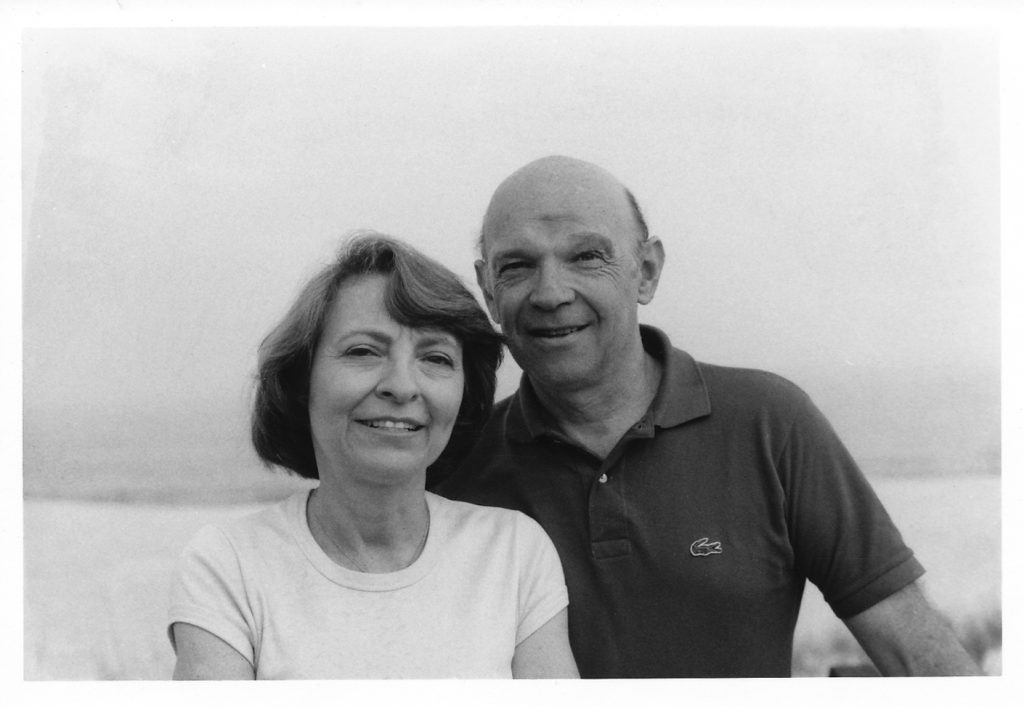 “This is my present,” he said. “Watching all of you.”
“This is my present,” he said. “Watching all of you.”

 I did. Exile on Main Street, by the Rolling Stones. A legendary double-album by the rock band of the era. “I think you’re ready for this,” he said.
I did. Exile on Main Street, by the Rolling Stones. A legendary double-album by the rock band of the era. “I think you’re ready for this,” he said.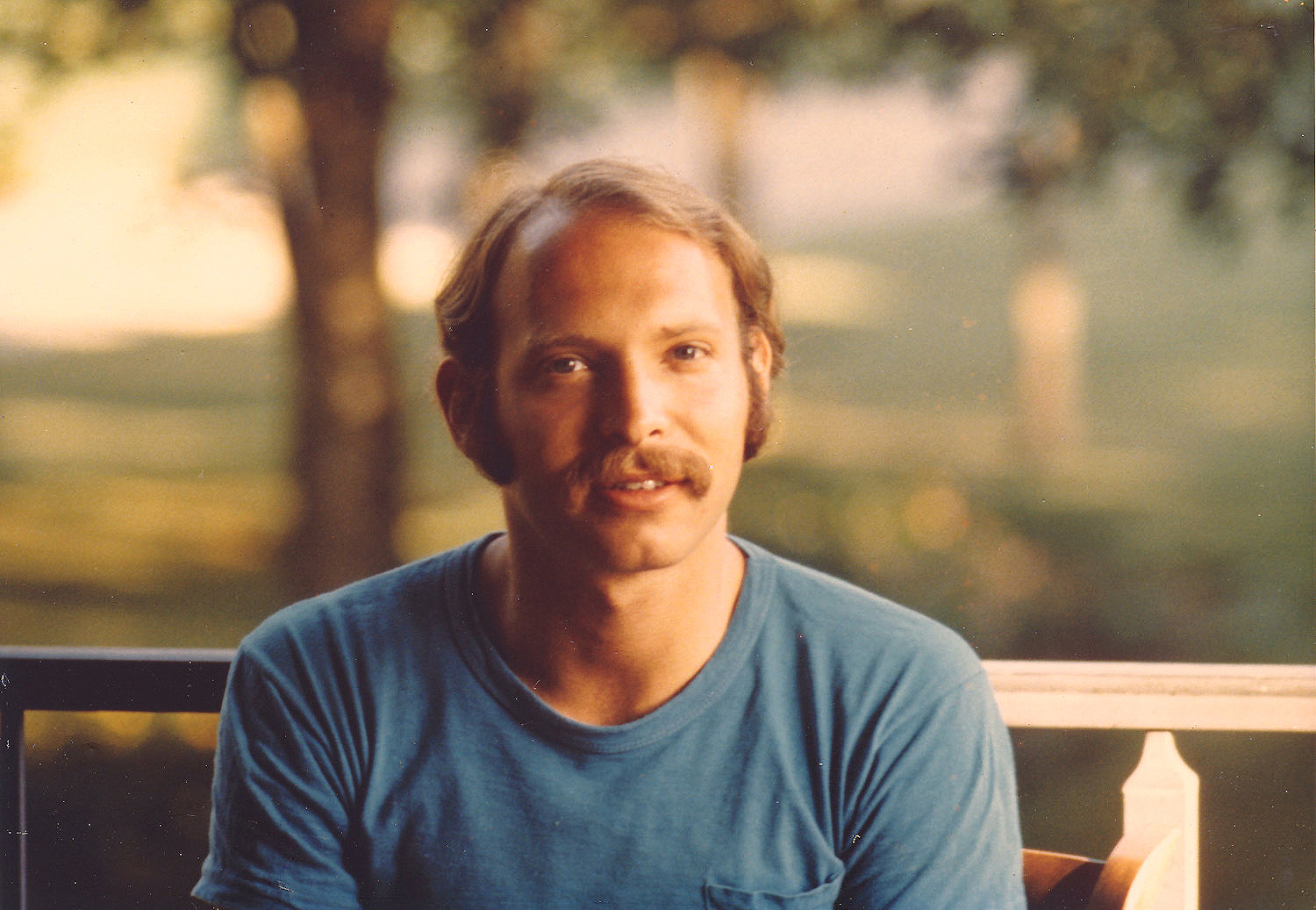
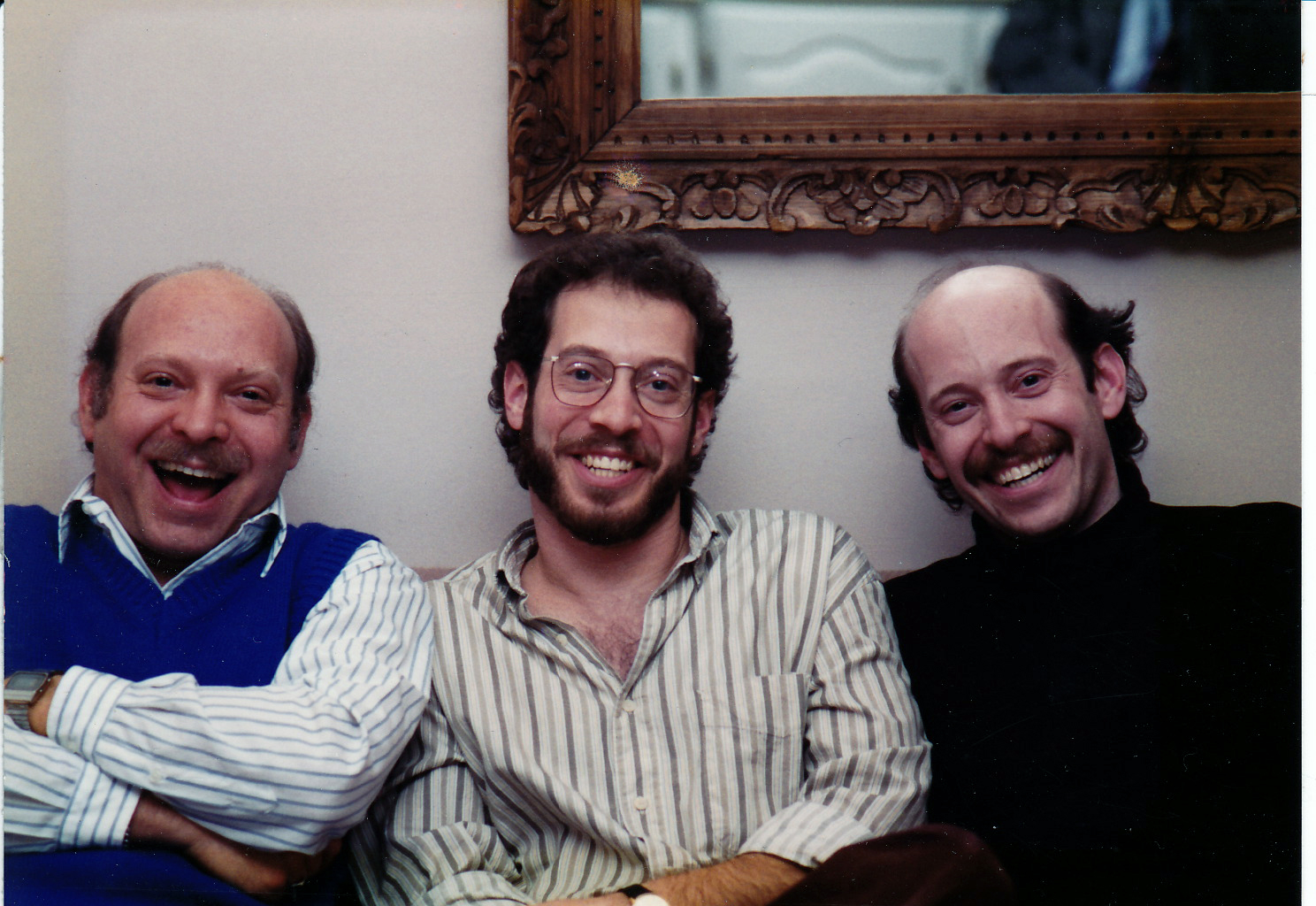
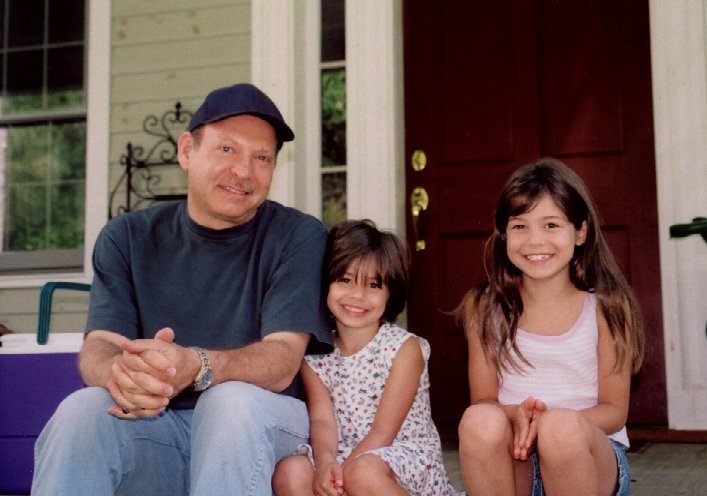
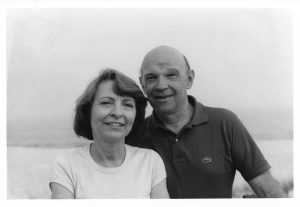 I have conversations with my father all the time. Literally every day. Which is kind of remarkable given that we lost him to leukemia twenty-five years ago.
I have conversations with my father all the time. Literally every day. Which is kind of remarkable given that we lost him to leukemia twenty-five years ago.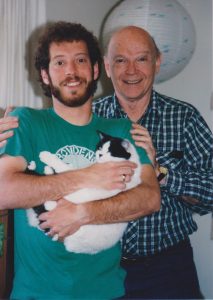 We almost lost Dad before we had him. Which is to say, all of us were almost never here. When Dad was a sophomore at the University of Pennsylvania, he contracted spinal meningitis. Even today, meningitis proves fatal in ten to fifteen percent of cases. Untreated it is nearly always fatal. In 1939, the diagnosis itself was essentially a death sentence. Dad grew very sick very quickly, and fell into a coma. Doctors did all they could for him, including removing a piece of skull from his forehead to relieve some of the pressure on his brain. And still, they were ready to give up on him. But a doctor recommended the use of a revolutionary new drug — penicillin — that he thought might work. Needless to say, the drug saved Dad’s life.
We almost lost Dad before we had him. Which is to say, all of us were almost never here. When Dad was a sophomore at the University of Pennsylvania, he contracted spinal meningitis. Even today, meningitis proves fatal in ten to fifteen percent of cases. Untreated it is nearly always fatal. In 1939, the diagnosis itself was essentially a death sentence. Dad grew very sick very quickly, and fell into a coma. Doctors did all they could for him, including removing a piece of skull from his forehead to relieve some of the pressure on his brain. And still, they were ready to give up on him. But a doctor recommended the use of a revolutionary new drug — penicillin — that he thought might work. Needless to say, the drug saved Dad’s life.